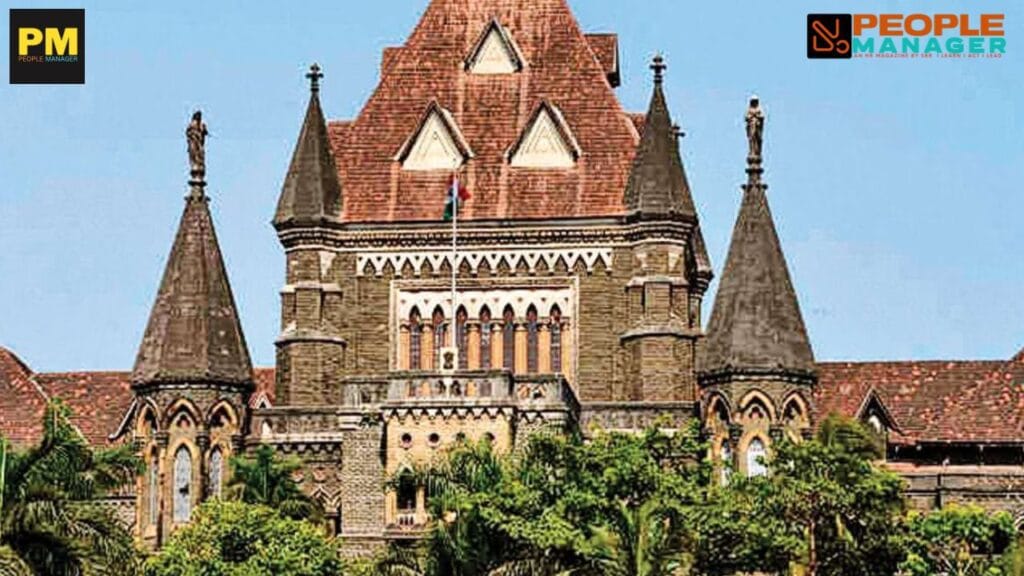ID Act 1947: Employees Working As Manual, Skilled & Unskilled Workers Are Workmen under ID Act 1947: Bombay HC
The Industrial Tribunal's ruling, which determined that the employees in question were, in fact, workers under Section 2(s) of the Industrial Disputes Act based on the nature of their responsibilities, was upheld by the Court.

In the Godrej&Boyce manufacturing Co. In terio division vs. Shivakranti Kamagar Sangthana case, the Bombay High Court ruled that workers classified as manual, skilled, and unskilled laborers are considered workmen under Section 2(s) of the Industrial Disputes Act and are not eligible to be classified as executives or managers.
The Industrial Tribunal’s ruling, which determined that the employees in question were, in fact, workers under Section 2(s) of the Industrial Disputes Act based on the nature of their responsibilities, was upheld by the Court.
“It is now well established that the determination of the issue concerning an individual, working within the meaning of Section 2(s) of the I.D. Act must be made with reference to the nature of his duties and functions,” the court noted. When assessing a person’s position and character, the primary goal of their employment must be taken into account, and the appearance of some other responsibilities must be dismissed.
In an attempt to overturn the Industrial Tribunal’s ruling in favor of the company’s trade union, Shivkranti Kamgar Sanghatana, Godrej & Boyce Manufacturing Company filed a petition.
The Trade Union had presented a Charter of Demands calling for higher pay, benefits, and worker emoluments. Following the failure of the conciliation process, the matter was brought before the Industrial Tribunal for resolution.
The employer contended that since the benefit-claiming employees were carrying out management or administrative tasks, they did not meet the definition of “workmen” under Section 2(s) of the Industrial Disputes Act, 1947. However, the trade union countered that since the employees’ primary duties were manual, skilled, and unskilled, they were in fact workers.
Based on the nature of their responsibilities, the Industrial Tribunal determined that the employees qualified as laborers under Section 2(s) of the Industrial Disputes Act.
“The non-supply of meticulous reasoning while deciding the preliminary issue cannot be said to be fatal when the ultimate conclusion reached by the Industrial Tribunal that these 26 employees are workmen under Section 2(s) of the I.D. Act seems to be the correct conclusion based on the evidence on record,” the Court noted, despite the Tribunal’s failure to thoroughly review the evidence.
The High Court also ruled that the workers’ classification as laborers was accurate, given that they were not required to supervise the work of their subordinates in any capacity. The Court stated, “As previously noted, in order to determine that an individual is employed in a supervisory role, it is necessary to demonstrate that there were at least some employees working under them whose work they are required to supervise.”
As a result, the Court ruled that Articles 226 and 227 of the Constitution did not justify interfering with the Industrial Tribunal’s ruling.
Read more HR news like this on PropleManager.co.in
Value our content… contribute towards our growth. Even a small contribution per month would be of great help to us. Since our establishment, we have been serving the industry through daily news and updates.
Our content is free for all, and we plan to keep it that way
Support the People Manager. Pay Here
- Pernod Ricard India introduces Cheers VRorld, an industry-first VR-powered onboarding experience in the Alco-Bev sector - February 11, 2026
- Jio-bp Appoints Sareeta Bhatikar as Chief Human Resources Officer to Steer Next Phase of Growth - February 11, 2026
- India Keeps Hiring as Global Markets Slow: Michael Page India Salary Report-26 - February 6, 2026








